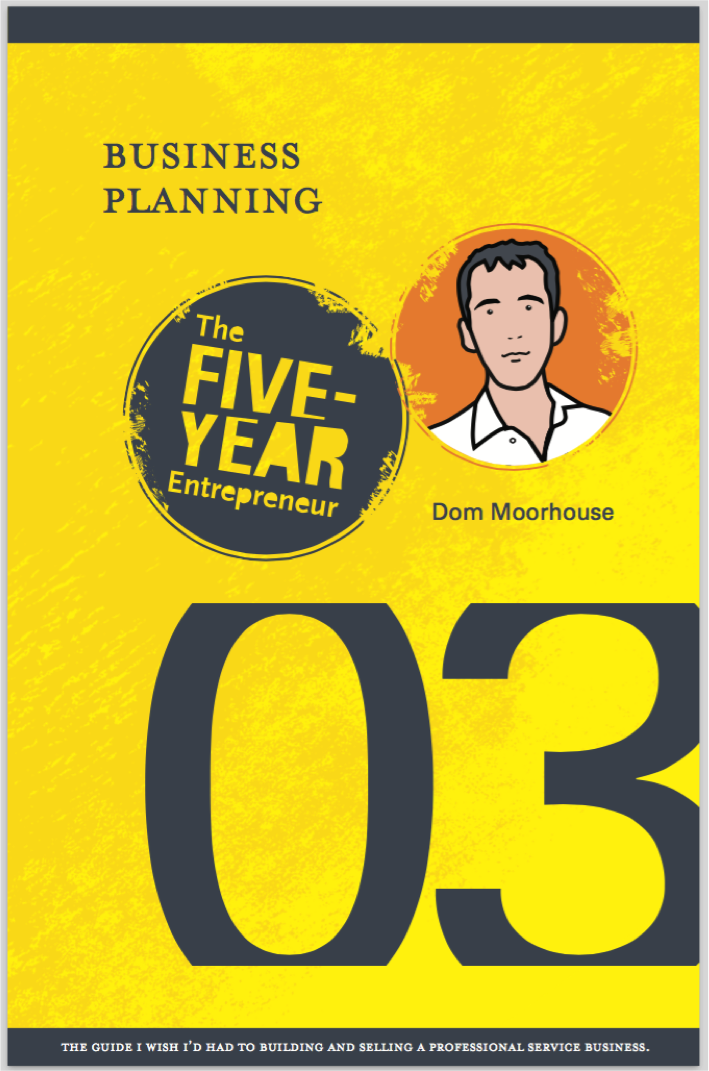Market and Competitor Analysis
Following on the series of business planning related blog posts including:
What a good business plan looks like?
Developing a Business Planning Process
Professional Service Leverage Models
Leverage in a consultancy business
Vision, Mission and Objectives
Building a Service Proposition Framework
… this post looks at another key business plan element: Market and Competitor Analysis.
If you have got this far with your ambition, you clearly have an intuitive belief, at least, that your firm’s offering is competitive. That is, there is a need for it and you can offer a more compelling alternative to the market in this regard than any incumbent, or future, competitor.
All entrepreneurs will carry this belief as a given. However, before you waste any further precious time, money and emotion on a hunch remind yourself of the chasm between belief and knowledge. Whilst beliefs can potentially be true, by accident; knowledge is justifiable, or reasoned, true belief. Without getting too philosophical here (epistemologists argue as to whether true knowledge can ever exist!), I am just making the point that your great adventure should be predicated closer to the knowledge end of the continuum than the hunch end!
To assuage yourself (and others, e.g. future firm joiners) that you are onto something you really need to address two key question areas:
- How big is the potential market for my services (is it growing/shrinking)?
- How can I compete successfully against market competitors?
In relation to the first question, you should look at the macro (economic trend data) as well as the micro (will there be enough potential clients in my immediate vicinity seeking my services?). For a small start-up, it is easy to buck the macro if the micro is sound but you should be minded of it nonetheless. Most service areas will have professional representative, or members’ associations, undertaking regular research in this area – so shop around for a relevant, contemporary report. You should also do your own strategic analysis here; what trends do you see, what does an extrapolation of this trend do to market need, and, what are the opportunities/threats implicit in this?*
In relation to the second question, I encourage you to also examine it both broadly (the types, or classes, of firms you will compete against) and specifically (the actual companies you will compete against). For the first part, you should take a forming view as to how the market is divided up, is it highly consolidated (around a few key players) or fragmented? You need to have a handle on this, to understand whether you are different, disruptive or likely to be successful. For the second part, endeavour to get as rich a dataset as possible. Clearly, the web is an excellent resource here (competitor websites etc) but seek also to find relevant surveys and reports. You ideally want to list all your key competitors (within a certain, relevant ‘space’ at least) and capture their revenue size/growth and key service attributes. What will make you different and more relevant to certain clients? Which firms do you admire and seek to match/better in due course?
From this analysis, you are drawing out your chances of success. Indeed, better to abandon, or re-cast, your plans at this point if the data points to a declining, over-populated market. Hopefully, however, it puts substance to your hunch and sets you up nicely for your next key planning consideration … how to optimally pursue the opportunities you have spotted.
* A classic strategic analysis tool for this type of analysis is PESTLE. It requires you to contemplate trends in the following areas, for aggregate ‘so what?’ analysis – Political, Economic, Sociological, Technological, Legal and Environmental.
————
If you are interested in re-charging your business ambition/strategy/plans, Dom runs his (three-day) Five-Year Entrepreneur Retreat twice a year – see here for previous delegate testimonials and details on future presentations. If you would like to make a reservation (capped to 14 attendees per Retreat) please drop a line via the contact page.
DOWNLOAD GUIDE 03 (BUSINESS PLANNING) HERE >>>




